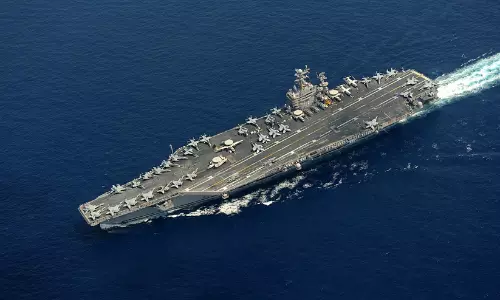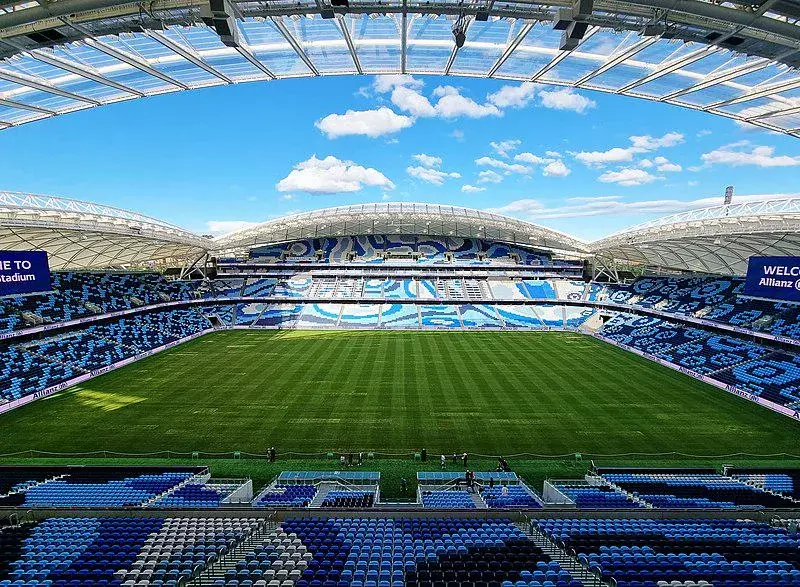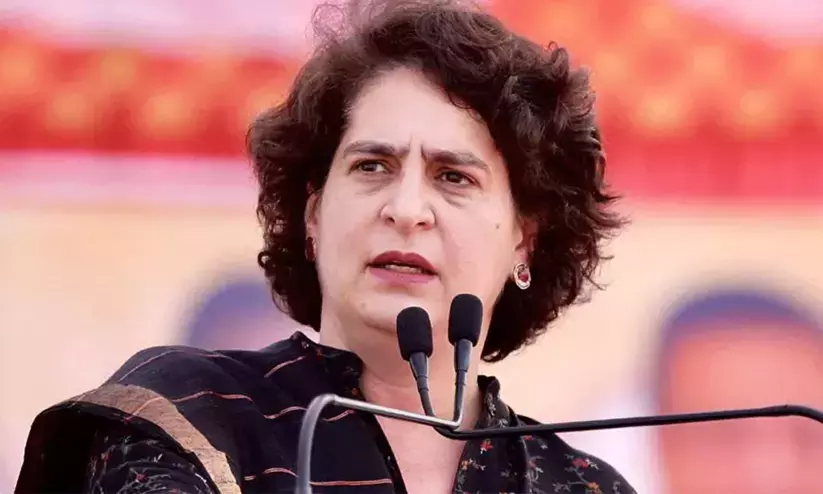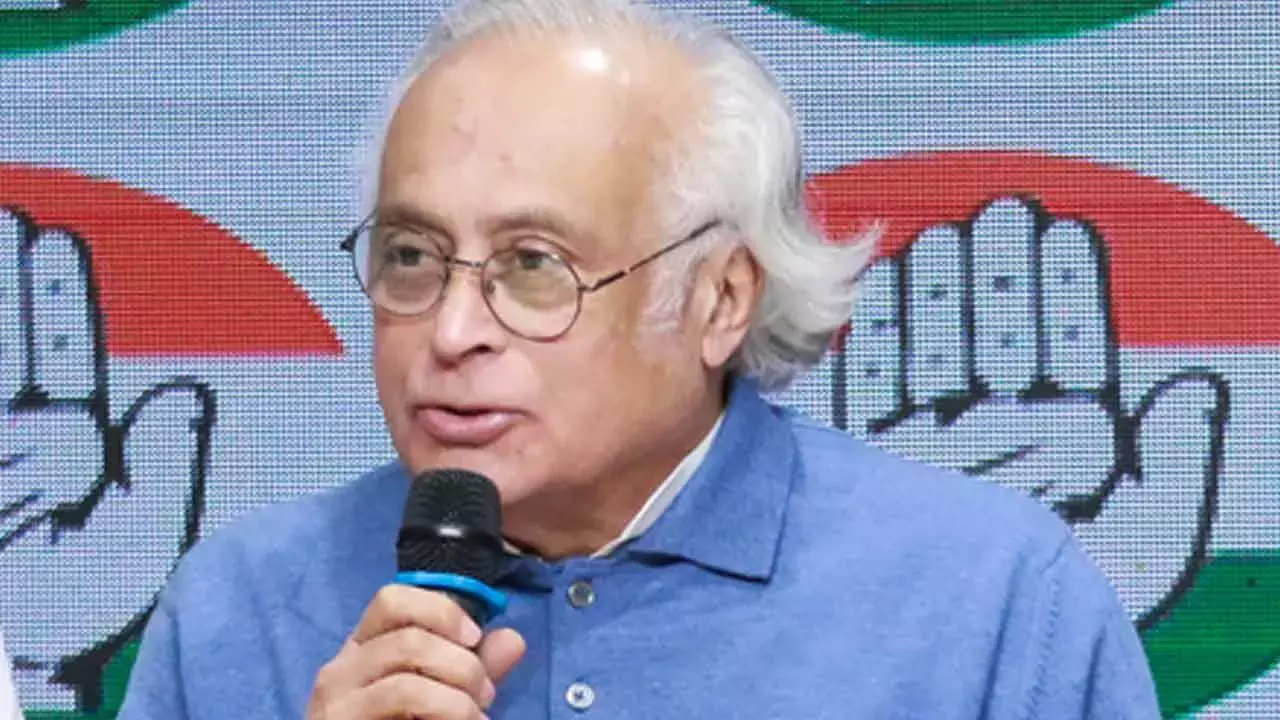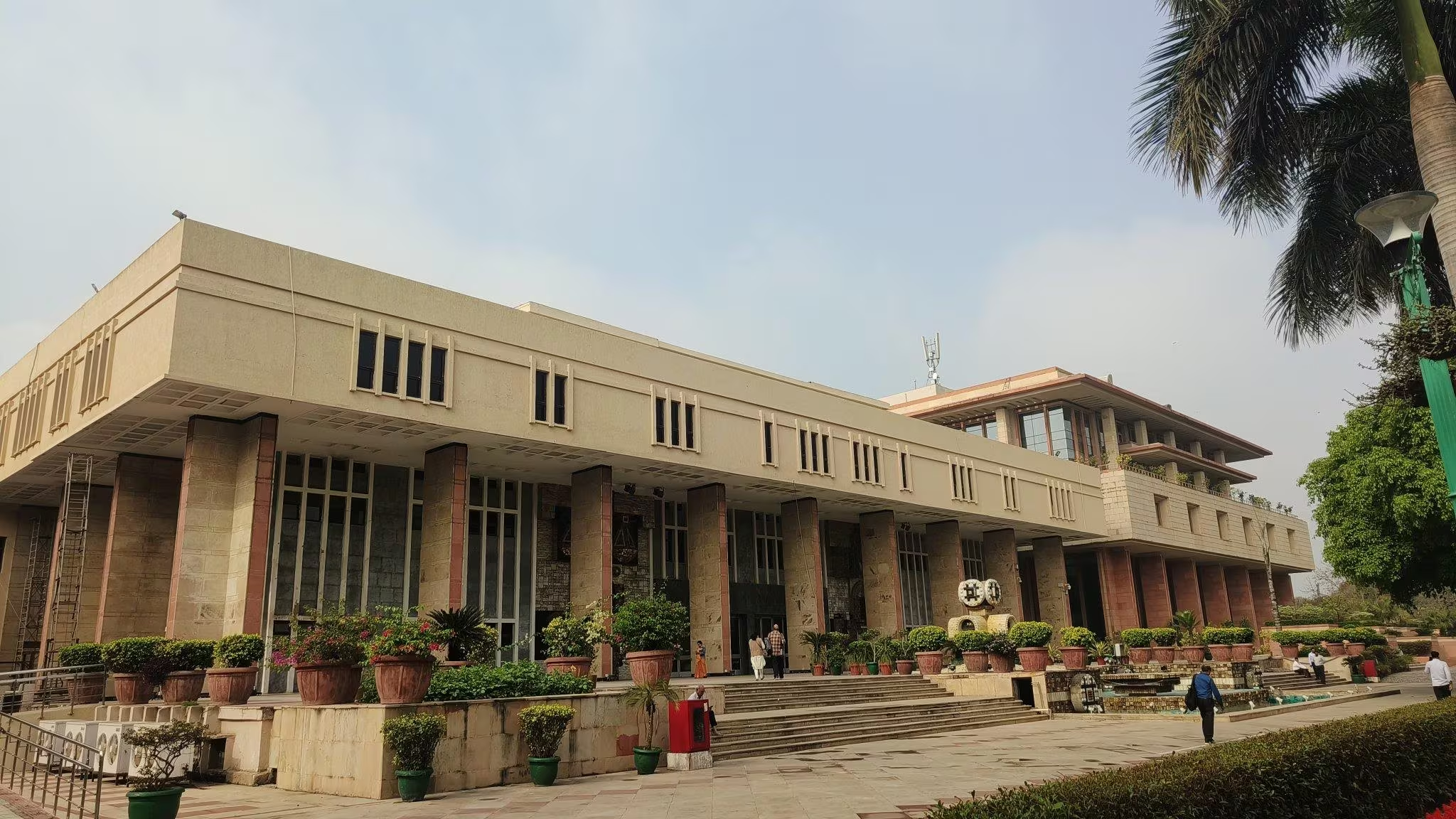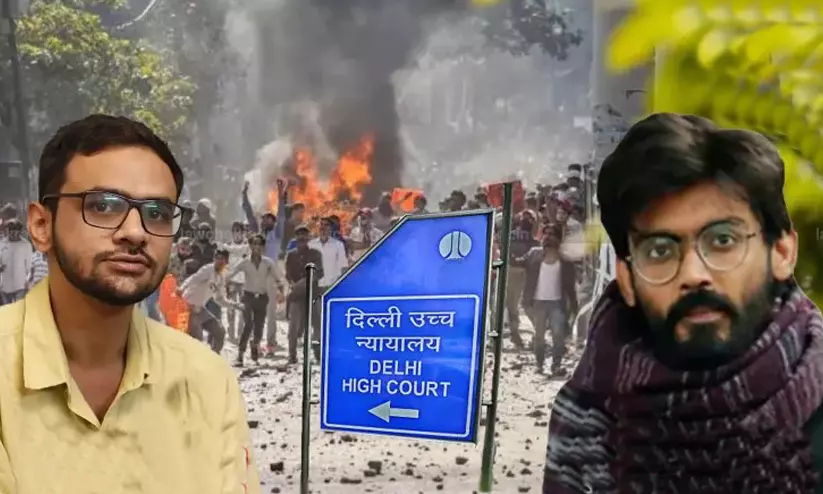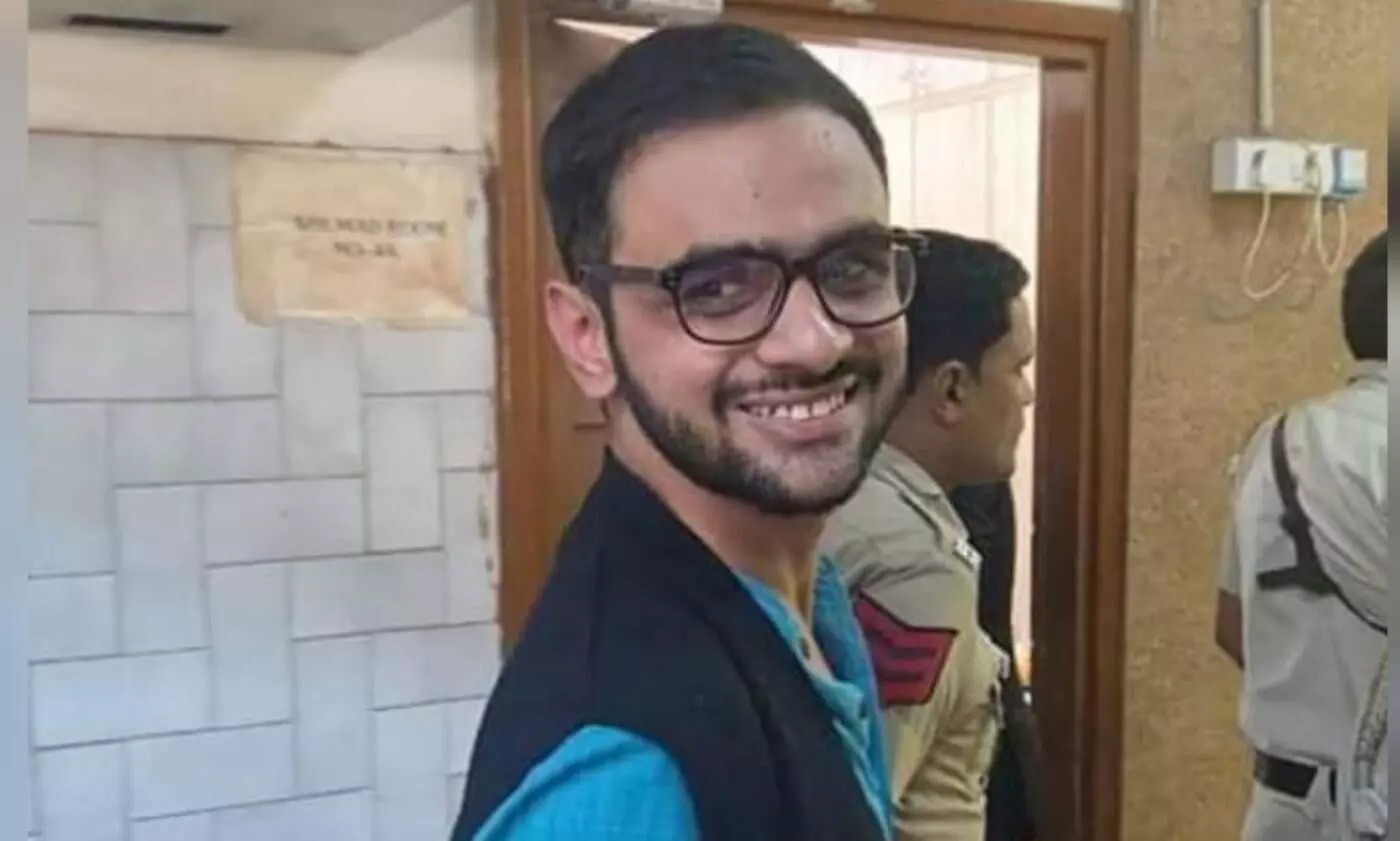
2020 riots: Is setting up protest sites enough to invoke UAPA?: Asks HC
text_fieldsThe Delhi High Court on Wednesday questioned the Delhi Police on whether merely setting up protest sites could justify invoking the Unlawful Activities Prevention Act (UAPA) against activists accused in the 2020 Delhi riots case.
The bench, comprising Justices Navin Chawla and Shalinder Kaur, asked the police to clarify if their case was based on the establishment of protest sites alone or on whether those sites had led to violence. The court stressed that the intent required under the UAPA must be clearly established for the charges to stand.
Eight activists – Umar Khalid, Sharjeel Imam, Mohd. Saleem Khan, Shifa ur Rehman, Shadab Ahmed, Athar Khan, Khalid Saifi, and Gulfisha Fatima – had filed bail petitions in connection with the case. They have been in custody for over four years, facing charges under the Indian Penal Code, Prevention of Damage to Public Property Act, Arms Act, and UAPA.
The charges stem from violent clashes that broke out in North East Delhi between February 23 and February 26, 2020, during protests against the Citizenship Amendment Act (CAA). The violence resulted in 53 deaths and hundreds of injuries, with most of those killed being Muslims.
The Delhi Police have alleged that the riots were part of a premeditated conspiracy to tarnish Prime Minister Narendra Modi’s government, orchestrated by individuals who organized anti-CAA protests.
Special Public Prosecutor Amit Prasad presented the court with several WhatsApp messages, claiming that the entire conspiracy had been coordinated through multiple WhatsApp groups. When the prosecutor referred to messages exchanged by two individuals who were not named as accused, the court questioned their exclusion, asking why they had not been charged despite being part of the purported conspiracy.
The court also observed that many protesters may have viewed actions like road blockades ('chakka jams') as legitimate forms of dissent. It asked whether such demonstrations alone were sufficient to justify UAPA charges. The bench emphasized that while violence or instigation of violence through WhatsApp groups could potentially attract UAPA provisions, organizing protests in itself might not meet the threshold.
The judges instructed the police to submit a detailed table linking each accused to specific WhatsApp groups and meetings they were allegedly involved in. They also sought clarification on how the alleged conspiracy was attributed to these individuals.
The activists’ bail pleas also argued that their prolonged detention and delays in trial warranted relief. They cited the example of student activists Asif Iqbal Tanha, Devangana Kalita, and Natasha Narwal, who were granted bail in June 2021. The Supreme Court later dismissed the police’s challenge to their bail.
The High Court will continue hearing the matter on Thursday. Meanwhile, the police have urged the court to adopt a stringent approach, describing the riots as a “clinical, pathological conspiracy” executed by “forces inimical to India.”




